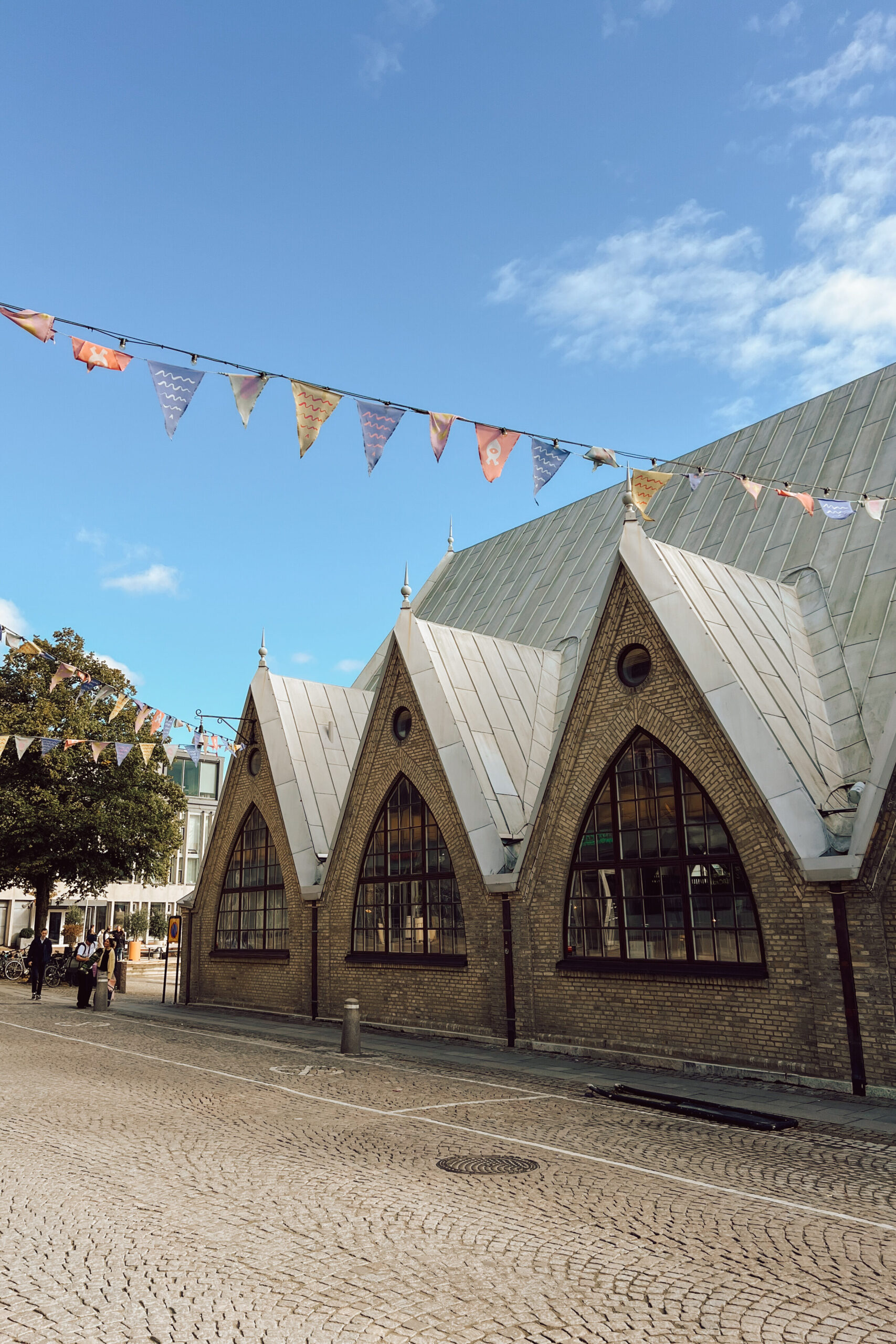EUROPE
Travel guides:
Info and Tips:
Europe is home to 44 countries. Traveling to Europe is a unique experience and each country is different than the other. Here you can find some general information to help you plan your trip, but keep in mind that it might vary per country. You will find country-specific info per article.
Schengen Visa: If you're from a country that requires a visa to enter Europe, you might need a Schengen Visa.
ETIAS: Starting in 2024, the European Union will implement the European Travel Information and Authorization System (ETIAS), a new requirement for travelers from visa-exempt countries. ETIAS is an electronic travel authorization system similar to the Visa Waiver ESTA Program for visiting the USA.
Currency: The Euro (€) is the primary currency in many European countries, but not all. Countries like Sweden (Swedish Krona), Switzerland (Swiss Franc), and many others have their own currencies.
Language: English is widely spoken in capital cities and in tourist areas, but learning a few basic phrases in the local language can be very helpful. Make sure to always have a translate app ready.
Transportation:
- Trains: Europe has an extensive and efficient train network. Consider getting a Eurail Pass if you plan to travel by train extensively.
- Flights: Low-cost airlines like Ryanair, WizzAir and EasyJet can be economical for longer distances.
- Public Transport: Cities have excellent public transportation systems, including buses, trams, and metros.
- Bicycles: Many countries have elaborate bicycle lanes. In Scandinavia, they are separate from the car roads and pedestrian sidewalks.
- Walking: Yes, we walk everywhere if it is possible. Prepare for days of 20k steps and more! It's the best way to see most of the sights.
- Car rental: General rule of thumb is that on islands or the rural areas a car is nice to have. There are multiple large companies that operate worldwide, but always check for local car rental companies per country. They might be cheaper.
Accommodation:
- Hostels: Great for budget travelers and meeting other travelers.
- Hotels: Wide range of options from budget to luxury. You will find suggested hotels in each article on this website.
- Airbnb: Good for more personalized and often cost-effective stays.
Medical and Travel Insurance: Essential for covering unforeseen circumstances such as medical emergencies, trip cancellations, or lost belongings.
If you are a European Union resident, make sure to issue the European Health Insurance Card. A free card that gives you access to medically necessary, state-provided healthcare during a temporary stay in any of the 27 EU countries, Iceland, Liechtenstein, Norway and Switzerland or the United Kingdom under the same conditions and at the same cost (free in some countries) as people insured in that country. Cards are issued by your national health insurance provider, in Sweden that would be Försäkringskassan.
Safety: Europe is generally safe, but always be aware of pickpockets, especially in crowded tourist areas, train and bus stations. Keep your valuables secure and be cautious with your belongings.




